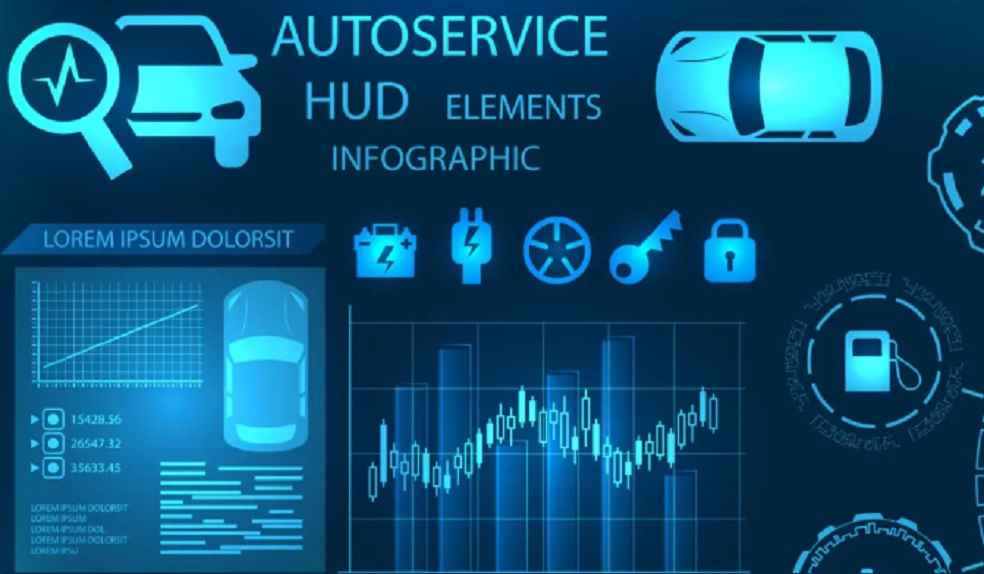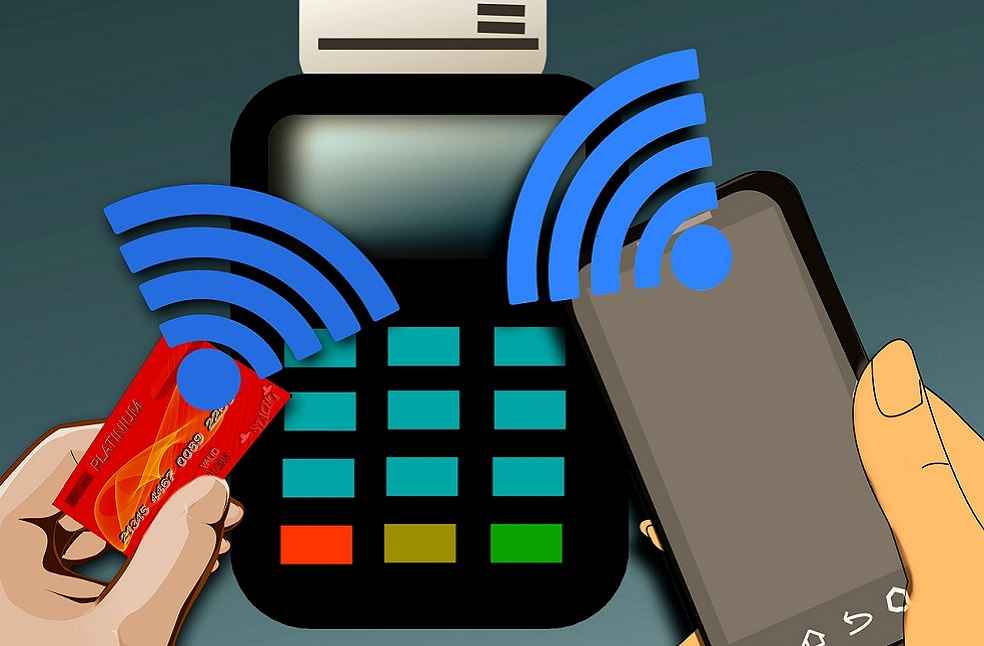The automotive industry, long regarded as a bastion of traditional commerce, is undergoing a rapid digital transformation, spearheaded by the global embrace of digital payments.
A recent study by AWJ research desk revealed that over 70% of transactions within the automotive sector are now digital, highlighting the monumental shift that is taking place. As industries across the board race to optimize operations and enhance customer satisfaction, automotive enterprises are keeping pace with the trend.
Technology and Operations Intersect
Today’s avant-garde automotive management software is a testament to innovation, brimming with features that revamp the dealership landscape. A 2022 survey by AWJ found that 85% of dealerships now employ some form of integrated digital management software. From precise inventory control to fluid customer engagement, these software systems synchronize multifaceted tasks effortlessly.

Industry pioneers like Dealertrack lead the charge, but the broader narrative underscores a unanimous pivot to embedding digital payment functionalities.
Crafting Superior Customer Journeys
The digital payment surge hasn’t just been a back-end transformation; it’s redefining customer journeys. The contemporary clientele demands brisk, transparent, and smooth payment avenues. A recent consumer study by (research firm) highlighted that over 90% of automotive customers prefer digital transactions due to their speed and convenience.
By aligning with these expectations, dealerships are not merely optimizing operations but cementing trust and contentment among their patrons. The digital shift obviates the archaic cash transactions, minimizing potential discrepancies and accelerating deal closures. In fact, dealerships that have adopted digital payment methods have reported a 30% reduction in transaction times, enhancing customer satisfaction rates.
Safety Nets and Regulatory Adherence
Intrinsically, digital payments are fortified with encryption protocols and stringent security layers—vital assets for sectors like automotive, where transaction volumes are hefty. A 2021 report by AWJ indicated that digital transactions in the automotive sector experienced a 15% lower fraud rate than traditional payment methods.

Moreover, up-to-date management platforms equipped with payment gateways perpetually align with prevailing compliance metrics, safeguarding dealerships from potential regulatory pitfalls.
Trimming Costs Through Digital Synergy
For an industry where profit margins often toe the line, attaining peak operational efficiency is non-negotiable. Digital payment avenues trim the fat associated with traditional payment mechanisms and mitigate errors. Once amalgamated with top-tier automotive management software, they provide instantaneous financial analytics.
A recent analysis by ‘Realtime Campaign’ highlighted that dealerships that integrated digital payments witnessed a 20% decrease in operational costs, mainly due to reduced administrative efforts and diminished transactional outlays.
Steering Towards a Digital Horizon
The automotive realm’s tilt towards digital payments is not an ephemeral phase; it mirrors the seismic shifts in consumer expectations and the overarching digital migration across industries. As the inherent advantages gain prominence, it’s foreseeable that a growing number of automotive stalwarts will earmark digital payment assimilation as a priority.

In the vast mosaic of automotive industry evolution, digital payments, while just a single facet, resonate deeply. They symbolize more than just transactional metamorphosis—they herald an overarching dedication to proficiency, customer delight, and progressive modernity. With the passage of time, these digital linchpins are poised to be pivotal in sculpting the contours of the automotive commercial arena.
Related Statistics:
- By 2025, the global digital payments market is expected to reach $10.6 trillion, according to Statista.
- The automotive industry is one of the fastest-growing sectors for digital payments, with a CAGR of 25.6% from 2022 to 2027.
- 78% of consumers prefer to make digital payments for automotive services, according to a recent study by McKinsey & Company.
- 65% of dealerships believe that digital payments will be the primary payment method for automotive purchases in the next five years, according to a survey by Dealertrack DMS.
The digital payments revolution is transforming the automotive industry, offering a myriad of benefits for dealerships and customers alike. By embracing digital payments, dealerships can streamline operations, enhance customer satisfaction, and reduce costs. As the automotive industry continues to evolve, digital payments will undoubtedly play a pivotal role in shaping the future of automotive commerce.
DONT MISS IT | Tractor Origins: The Agricultural Revolution’s Dawn





